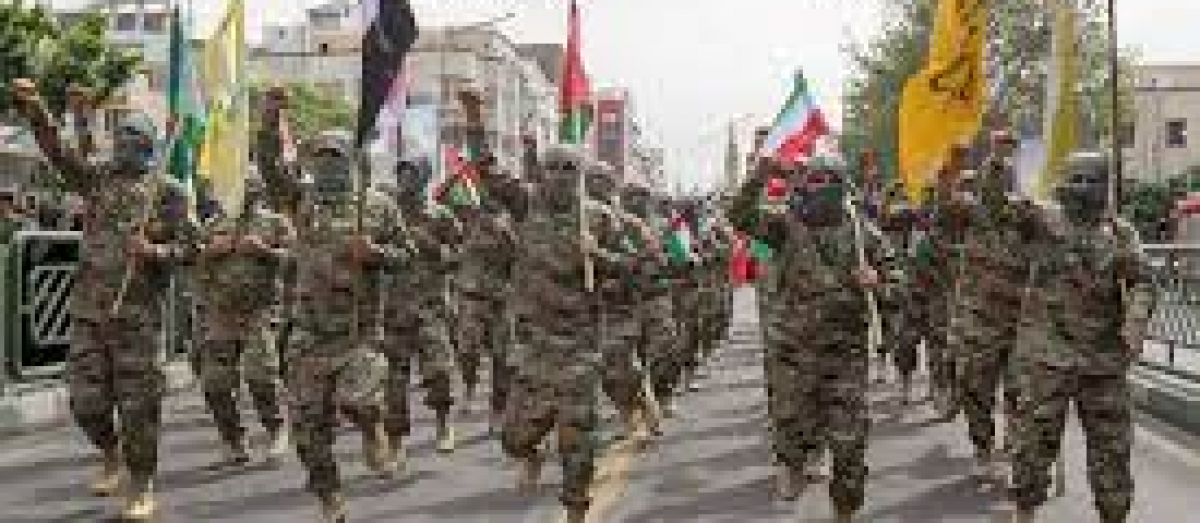
In a recent maritime escalation, the United States military engaged Houthi rebels in the Red Sea, resulting in the sinking of three Yemeni armed vessels and the reported death of 10 Houthi fighters. This clash comes after weeks of heightened tensions, with the Houthis targeting ships they identified as linked to Israel passing through the Bab el-Mandeb strait into the Red Sea.
Chronology of the Conflict
The conflict escalation was outlined in a statement released by the US military on Sunday, revealing that their forces took action following a series of Houthi attacks on ships believed to have ties to Israel. The Bab el-Mandeb strait, a strategic maritime chokepoint, has become a focal point in this maritime dispute.
Maersk Halts Operations: Impact of the Maritime Escalation
In response to the heightened tensions, the shipping company Maersk made the decision to halt its operations. This move underscores the tangible impact that geopolitical conflicts can have on global commerce, emphasizing the interconnectedness of international trade routes and regional conflicts.
Houthi Rebels and their Motivations
The Houthi rebels’ actions are framed as a show of support for the Palestinians, particularly in the aftermath of the October 7 Hamas attack on Israel. The rebels have launched rockets towards Israel and targeted commercial ships they identify as having connections to the nation.
Understanding the October 7 Hamas Attack
A piece on www.militiatoday.com sheds light on the broader context of the conflict. The October 7 Hamas attack on Israel appears to have had objectives beyond direct military confrontation. According to the analysis, one of Hamas’s goals was to draw external forces into the conflict. The planners understood the predictable Israeli response and aimed to provoke reactions that could lead Islamic states with peace agreements with Israel to reconsider their positions.
Regional Ramifications: Iran-Saudi Talks and Israel’s Response
Since the October 7 attack, there have been notable geopolitical shifts. Iran and Saudi Arabia engaged in joint talks, a development indicating the potential for a realignment of regional alliances. Additionally, Israel has amassed forces along the Lebanon border, with Hezbollah preparing to offer support to the Palestinians.
Houthi Rebels: Unraveling their Role in the Conflict
The Houthi rebels, formally known as Ansar Allah, have been central to the recent maritime clashes. Emerging in the early 1990s, the group originated as a response to social and economic grievances in the northern region of Yemen, primarily representing the Zaidi Shiite community. Over the years, their objectives expanded to include greater autonomy for their region and a perceived restoration of their place in Yemeni society.
Conclusion: Navigating the Complexities
The maritime clash in the Red Sea reflects the intricate web of geopolitics, regional conflicts, and external influences. The Houthi rebellion, stemming from historical grievances, now intertwines with broader geopolitical shifts triggered by events like the October 7 attack. As the region grapples with escalating tensions, the need for diplomatic resolutions and international cooperation becomes increasingly apparent. The repercussions of these conflicts extend beyond borders, affecting global trade and underscoring the imperative for peaceful resolutions in a world interwoven by complex geopolitical dynamics.


